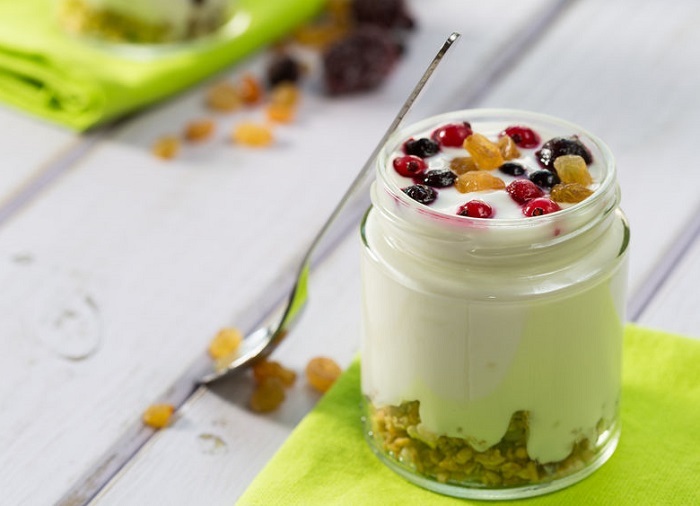Birch leaves for urinary problems and rheumatic conditions

Birch leaves have a diuretic effect. Therefore, they are used in inflammatory diseases of the urinary tract and in therapy associated with rheumatic conditions. For superficial skin wounds, birch bark can be of great help.

Table of Contents
Benefits of birch leaves.
Birch leaves (Betulae folium) have a diuretic effect. They are used as a traditional herbal remedy for the treatment of bacterial and inflammatory diseases of the urinary tract and kidney diseases. In addition, they can support the treatment of rheumatic pain.
Birch bark (Betulae bark) is used for superficial wounds on the skin, such as burns.
What gives the healing effect to its leaves and bark are flavonoids, phenolic acids, triterpene esters (such as betulin, betulinic acid), tannins and essential oil. Betulin is more concentrated in the bark than in the leaves.
How are birch leaves applied?
Birch leaves are used internally, with the leaves being prepared in a healing infusion. For this purpose, two or three grams of finely cut birch leaves are added in 150 milliliters of water and filtered after 10 to 15 minutes. Several times a day, you can drink a cup of warm birch leaf tea to treat urinary tract disorders and kidney problems. The maximum daily dose is 12 grams of its leaves.
When you prepare this infusion, you can combine birch leaves with other medicinal plants. For example, bearberry leaves and nettle herbs among many others.
Birch leaves are also available as instant teas and soluble tablets, as well as an extract for juices and fresh vegetable juices.
Birch bark is only used externally. A dry extract is available as a gel for application to the skin, to treat burns or skin grafts.
Many cosmetic products also contain birch extracts. The correct application can be found in the attached packaging information.
What side effects can birch leaves cause?
When using birch leaves (inside), in rare cases, mild gastrointestinal upset may occur. Birch bark extract gel can cause side effects such as wound complications, pain, and itching.
What you should keep in mind when using it?
During irrigation therapy (whether you use birch leaves or other medicinal plants), you should make sure to drink at least two liters of liquid per day. This is the only way to clean the urinary tract.
Anyone suffering from edema (accumulation of water) as a result of a deficiency in heart or kidney activity should refrain from receiving birch purge therapy. The same applies to febrile urinary tract infections and acute prostatitis. In these cases, it is necessary to consult a doctor as soon as possible.
For pregnant women, nursing women, and children under the age of twelve, there is not yet enough information on the use of birch leaves and bark. In these cases, therefore, the use of birch should be avoided.
